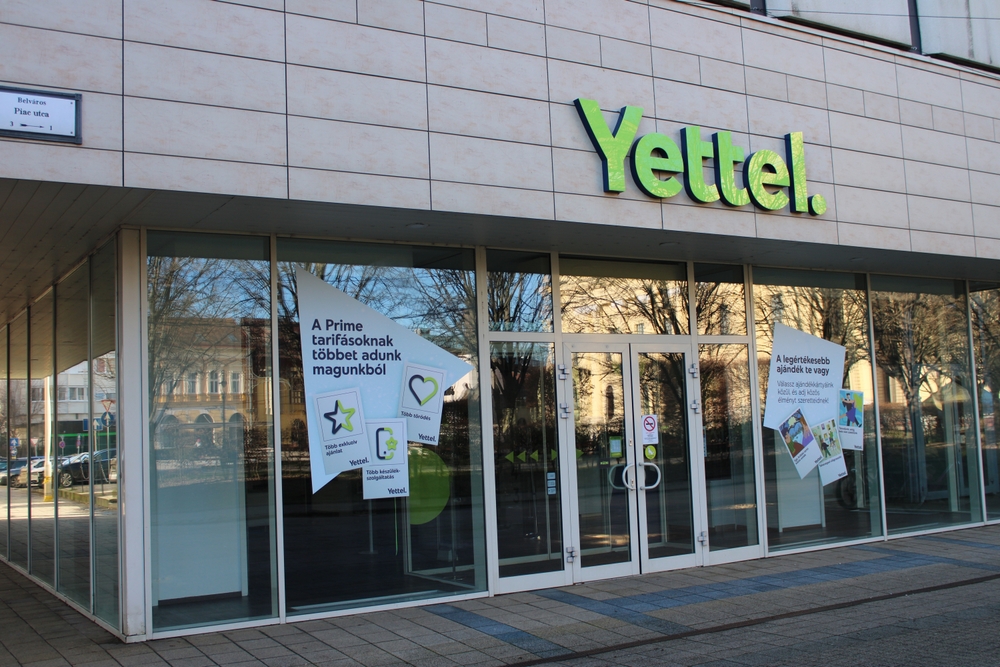KSH: Hungary’s deficit to GDP reaches 1.9% in 2015

shutterstock
The Hungarian governmentʼs deficit was HUF 625.5 billion, or 1.9% of GDP, in 2015 and HUF 113.6 bln less or 0.4 of a percentage point lower as a proportion of GDP than the deficit in 2014, Hungary’s Central Statistical Office (KSH) reported today citing preliminary data. The lower-than-base-period deficit stemmed from revenues increasing at a higher rate than expenditures.
Government debt – based on data from the National Bank of Hungary – was HUF 25.394 trillion, or 75.3% of GDP at the end of 2015, KSH added.
Revenue grew by 7.7%, HUF 1.173 tln, in 2015 as compared to the previous year. Revenue from taxes on production and imports increased by HUF 436.7 bln (7.3%), within which VAT payments were up by 9.8%, and actual social contributions by HUF 279.3 bln (6.7%), KSH added.
Expenditures were up by HUF 1.06 tln or 6.6%, in 2015. Other expenditures rose by HUF 595.2 billion (23.2%) and expenditures on gross fixed capital formation by HUF 473.8 billion (26.7%), representing the largest growth; the payments of EU funds represented a decisive part of both items, KSH said.
According to KSH data, compensation of employees was up 7.7%, while there was a decreases in interest payments (7%), intermediate consumption (6%) and social benefits, other than social transfers in kind (0.4%).
SUPPORT THE BUDAPEST BUSINESS JOURNAL
Producing journalism that is worthy of the name is a costly business. For 27 years, the publishers, editors and reporters of the Budapest Business Journal have striven to bring you business news that works, information that you can trust, that is factual, accurate and presented without fear or favor.
Newspaper organizations across the globe have struggled to find a business model that allows them to continue to excel, without compromising their ability to perform. Most recently, some have experimented with the idea of involving their most important stakeholders, their readers.
We would like to offer that same opportunity to our readers. We would like to invite you to help us deliver the quality business journalism you require. Hit our Support the BBJ button and you can choose the how much and how often you send us your contributions.








